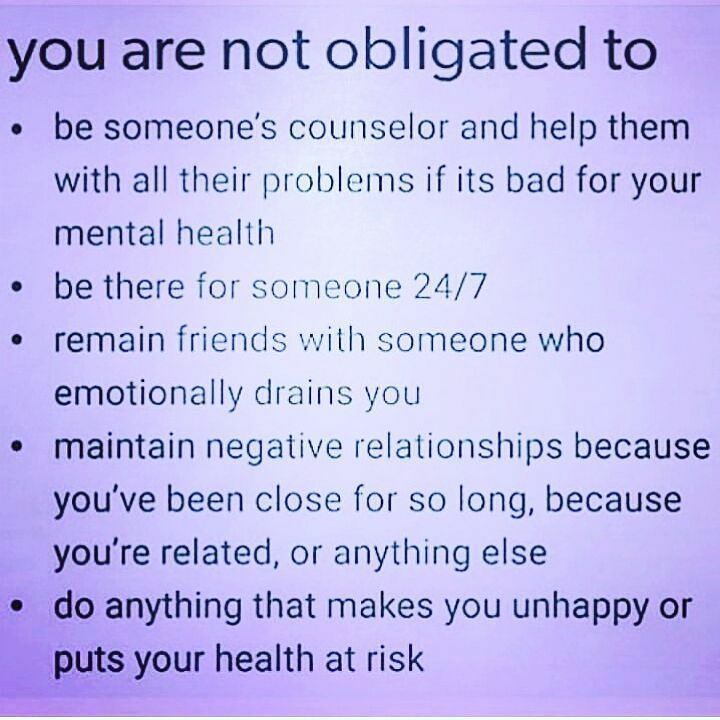
**The Hazards of Belief Superiority: How Assuming Your Opinion is Superior Can Result in Misinterpreted Knowledge and Lost Learning Chances**
Have you ever met someone who is absolutely convinced that their opinion is more precise, well-informed, or simply “better” than anyone else’s? The type of person who outright refuses to consider differing viewpoints, often disregarding them entirely? Alternatively, have you recognized this behavior emerging in your own perspective on various subjects? If that’s the case, you’re in good company. This phenomenon, known as **”belief superiority”**, has captured the attention of psychologists for many years. Belief superiority extends beyond merely being confident in your correctness—it’s the belief that others are categorically wrong.
In an intriguing recent study conducted by Michael Hall and Kaitlin Raimi, published in the *Journal of Experimental Social Psychology*, the researchers delved into the psychological tendencies that underlie belief superiority. Their findings uncover an unexpected twist on a well-known psychological concept known as the **Dunning-Kruger effect**, which illustrates how individuals with limited knowledge or abilities in a specific area tend to overstate their proficiency. Hall and Raimi’s research goes beyond basic overconfidence, demonstrating how belief superiority specifically causes individuals to overrate their knowledge and overlook chances to further educate themselves.
### Comprehending Belief Superiority and Its Consequences
Belief superiority can be characterized as the trust that one’s beliefs are not merely correct but also intrinsically more accurate or valid than those of others. This perspective is often paired with a dismissal of contradictory views, negating the possibility that other individuals may possess substantial or well-founded insights. Crucially, belief superiority does not indicate how *accurate* or knowledgeable someone genuinely is; rather, it reveals their self-assessment of superiority in terms of knowledge.
Hall and Raimi created a series of experiments to examine how this mindset correlates with an individual’s actual comprehension of various issues and their openness to engaging with alternative perspectives. The researchers focused on participants who held strong opinions regarding contentious topics, such as gun control and environmental policies. Through surveys and assessments, they evaluated both the participants’ belief superiority and their actual knowledge regarding the specific issues.
The central inquiry of the study was this: do those exhibiting belief superiority possess a deeper understanding than others, or do they misjudge their grasp of the facts while disregarding opportunities for enhancement?
### Overconfidence Lacking Foundation
The outcomes were enlightening—and somewhat troubling. Hall and Raimi discovered that participants who deemed their own opinions superior were not necessarily more knowledgeable. In fact, these individuals were more inclined to **overstate their expertise** on the subject at hand, even when their actual understanding was no better (and sometimes poorer) than that of their peers. Similar to the Dunning-Kruger effect, this indicates a disconnect between self-assessment and actual ability.
Furthermore, the belief superiority effect extends further. Individuals who believed in the superiority of their opinions were also less likely to seek out new information that could challenge or expand their understanding. When presented with the option to read materials that supported their viewpoints or those that contrasted them, they predominantly selected the former, actively steering clear of sources that might offer conflicting evidence. This behavior fosters an echo chamber where self-perception remains unchallenged, reinforcing belief superiority and circumscribing opportunities for development.
### Distinguishing Belief Superiority from Confidence
Although confidence and belief superiority may appear similar, the study highlights an essential difference between the two. Confidence involves a belief in one’s own perspective while remaining receptive to learning from others. In contrast, belief superiority embodies a rigid belief that one’s viewpoint is *objectively better*, often paired with a reluctance to consider dissenting opinions or new data.
This contrast accentuates the potential hazards of unexamined belief superiority. Overconfidence rooted in misplaced belief superiority can stifle personal growth by inhibiting intellectual curiosity and promoting cognitive biases. Individuals with a belief superiority mindset frequently resist critically reflecting on their own opinions, missing crucial opportunities to learn, evolve, or refine their understanding.
### Wider Implications
The ramifications of Hall and Raimi’s findings extend beyond individual behavior, impacting societal dynamics as well. In an age of polarized discussions—whether in political arenas, online platforms, or public exchanges—belief superiority can deepen rifts. Those entrenched in their own “rightness” often dismiss opposing views altogether, rendering constructive dialogue and mutual comprehension nearly impossible.
This phenomenon is not restricted to personal interactions. In fields such as science communication, public policy, and education, confronting belief superiority becomes essential for nurturing open-mindedness and collaboration. When individuals believe the opinions they already possess are inherently superior, they are less inclined to engage with evidence-based information—particularly if that evidence contradicts their existing beliefs.
### Strategies to Counteract Belief Superiority
If belief superiority restricts learning and growth, how can we protect ourselves from its detrimental effects? Here are several strategies derived from psychological research to foster intellectual humility and receptiveness:
1. **Cultivate Self-Awareness**: Observe when you have strong feelings about a certain topic and inquire within if you are open to considering opposing viewpoints.